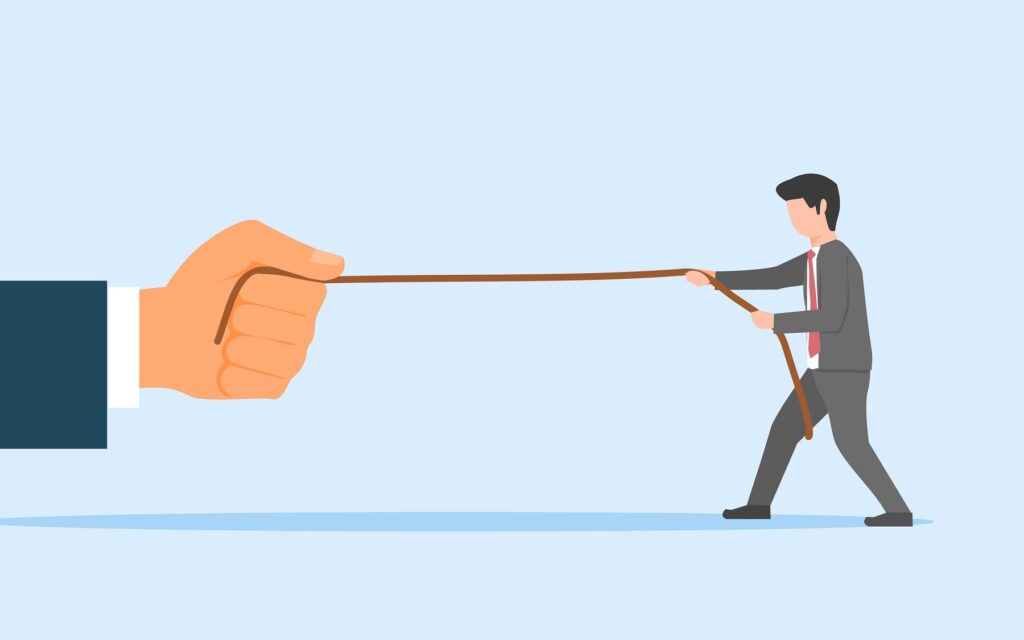1- What Is Unfair Competition?
Unfair competition is a business practice that violates market rules. It can include acts such as patent infringement, copying products, spreading false information about products or services, false advertising, the use of stolen trade secrets, or the corruption of customers and suppliers.
Unfair competition can significantly harm victimized businesses by depriving them of their competitive advantages, reducing their market share, and preventing them from growing. It is an important topic for businesses as it can have a negative impact on their operations and profitability. To determine if unfair competition exists against a company, it is important to understand what it means and the nuances it entails.

- How to Determine if Your Business Is a Victim of Unfair Competition?
It can be challenging to determine if your business is a victim of unfair competition. However, there are signs that may indicate you are experiencing unfair competition, such as:
- A sudden drop in your sales or market share;
- Aggressive actions by a competing company, including highly targeted advertising, for example;
- Testimonials from customers or suppliers regarding unfair practices by a competing company.
If you suspect that your business is a victim of unfair competition, it is important to take measures to protect your company and your rights.
- Dealing with Unfair Competition
If your business is a victim of unfair competition, it is important to take prompt actions to address it. Available options may include legal action to cease unlawful activities and seek compensation for losses.
It is also possible to explore an amicable resolution with the offending competitor through negotiations or mediations to resolve the conflict without resorting to legal proceedings.

3.1 Hiring a Private Investigator
Hiring a private detective remains a reliable and legal solution to resolve a dispute with an unfair competitor, without their authorization. This is because the detective, as defined in L621-1 of the Internal Security Code, is subject to the provisions of this title, which “covers the liberal profession consisting, for a person, of gathering, even without stating their status or revealing the purpose of their mission, information or information intended for third parties, for the purpose of defending their interests.”
3.2. Additional Solutions
If you have evidence of unfair competition, you can take actions to cease this practice. Here are some steps you can take:
- Contact a commercial law attorney to assist you with legal proceedings;
- Engage a mediator to resolve the dispute amicably;
- File a complaint with the relevant authorities, such as commercial courts.
It is important to follow legal procedures to assert your rights and protect your business.
- Evidence to Gather in Cases of Unfair Competition
If you have suspicions of unfair competition, you must gather evidence to support your complaint. Evidence may include:
- Testimonials from customers or suppliers;
- Recordings of exchanges (e.g., emails) or transactions with the competing company;
- Excerpts from advertisements, websites, or commercial documents of the competing company;
- Photographs or samples of relevant products.
It is important to keep all collected evidence, as it may be used in court.
- Conclusion
Unfair competition is an important issue for businesses, as it can have a negative impact on their operations and profitability. It is important to understand the signs of unfair competition, take measures to prevent it, and be prepared to address it if necessary. By having a clear understanding of unfair competition laws and taking steps to protect your products and services, you can minimize the risk of unfair competition and ensure the long-term growth of your business.
It is also important to work with an experienced private investigator and a